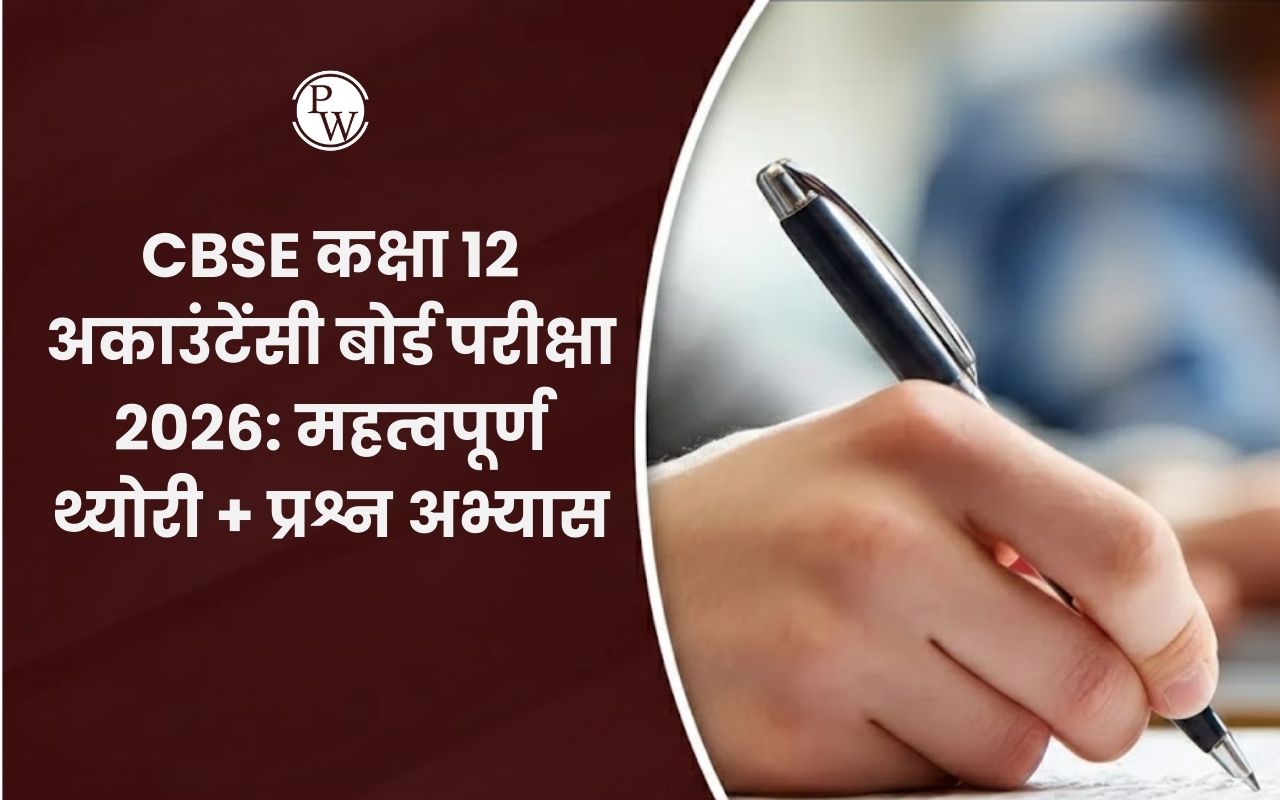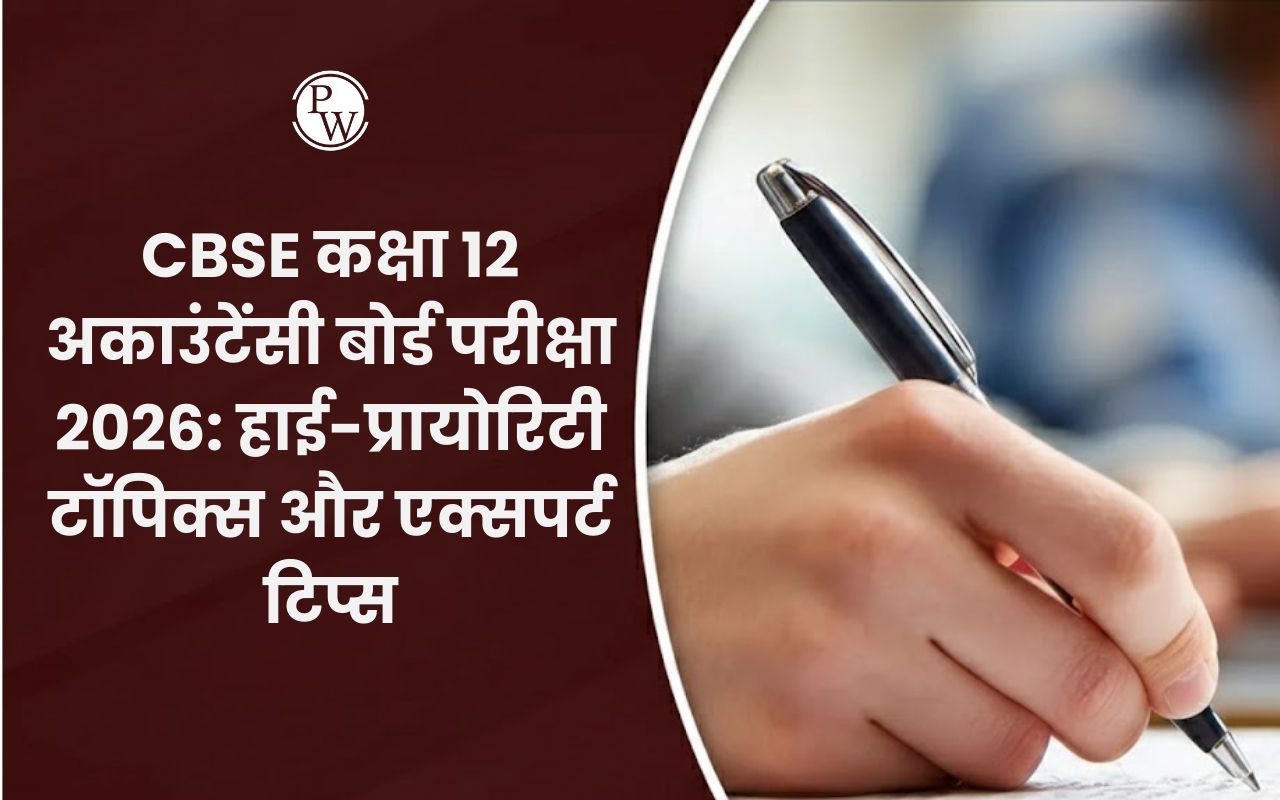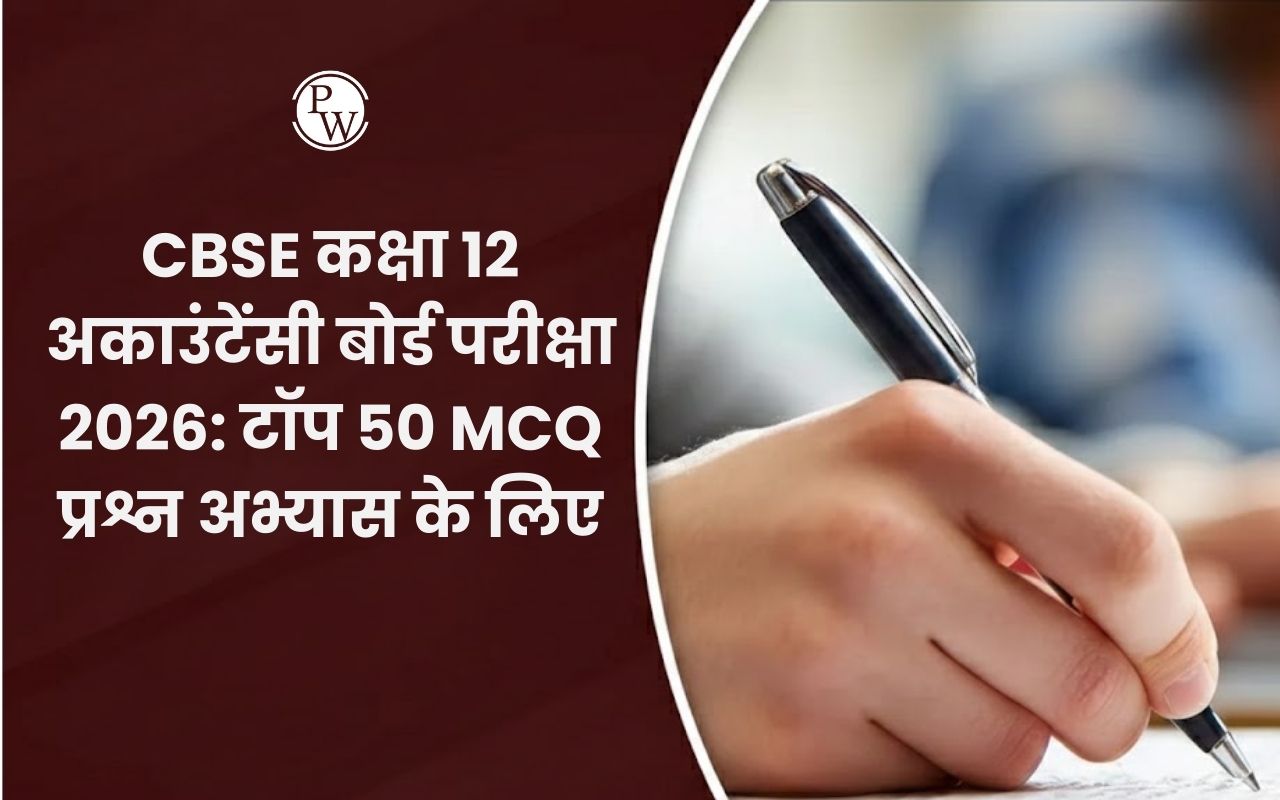
ISC Class 12 Physics Weightage 2025: The Council for the Indian School Certificate Examinations (CISCE) has released the chapter-wise weightage for ISC Class 12 Physics for the 2025–2026 academic year.
This information is important for students helping them identify high-priority topics and allocate their study time effectively. Below is a detailed breakdown of the ISC Class 12 Physics weightage and practical evaluation criteria.ISC Class 12 Preparation Tips 2024
ISC Class 12 Physics Weightage 2025
The ICSE Class 10 Physics exam consists of a theory paper and an internal assessment, with a total score of 100 marks.Theory Exam (70 marks): The theory exam is divided into two sections:
- Section A: Includes 10-12 short-answer questions that are compulsory.
- Section B: Contains 6-8 long-answer questions with internal choices.
Internal Assessment (30 marks): This portion includes practical work, assignments, projects, and other assessments, which are conducted and evaluated by the school, with an external examiner involved for the final evaluation.
ISC Class 12 Chemistry Weightage 2025
ISC Class 12 Physics Weightage 2025 Chapter-Wise Marks Distribution
Physics in Class 12 is divided into theoretical and practical components, with the theory paper carrying 70 marks and the practical and project work contributing 30 marks. Here is the detailed chapter-wise weightage for the theory exam:| Unit Name | Marks |
|---|---|
| Electrostatics | 14 |
| Current Electricity | Included in above |
| Magnetic Effects of Current and Magnetism | 16 |
| Electromagnetic Induction and Alternating Currents | Included in above |
| Electromagnetic Waves | 2 |
| Optics | 18 |
| Dual Nature of Radiation and Matter | 7 |
| Atoms and Nuclei | 6 |
| Electronic Devices | 7 |
| Total | 70 |
Note:
- Optics carries the highest weightage (18 marks), making it a critical area of focus.
- Magnetic Effects of Current and Magnetism contributes significantly, with 16 marks.
- Chapters like Dual Nature of Radiation and Matter and Electronic Devices are relatively lighter but still essential with 7 marks each.
Practical and Project Work Evaluation Criteria
The practical component is an integral part of the ISC Physics curriculum, designed to assess students experimental and analytical skills. The practical and project work is evaluated for a total of 30 marks, distributed as follows:1. Practical Exam (15 Marks)
Students will perform experiments under the supervision of an examiner. The experiments are focused on:- Ray Optics : Includes topics like refraction, reflection, and lens experiments.
- Current Electricity : Includes experiments related to circuits, resistances, and measuring instruments.
2. Project Work (10 Marks)
Students must undertake one of the following types of projects:Theoretical Project : This involves a detailed study and analysis of a specific topic. The project should include:
- Title and Introduction
- Detailed Content and Analysis (graphs, data, pie charts, diagrams, etc.)
- Originality of work
- Conclusion/Comments
Working Model : Students can create a working model related to any topic in Physics. The evaluation includes:
- Title of the project
- Construction of the model
- A concise project report explaining the concept.
Investigatory Project : This involves designing and conducting an experiment. The project report must include:
- Title and Theory/Principle Involved
- Experimental Setup
- Observations, Calculations, and Graphs
- Result/Conclusion
3. Practical File (5 Marks)
The practical file is an essential document where students maintain records of all experiments performed during the academic year. The examiner evaluates the file based on:- Completeness and organization of records.
- Neatness and clarity of presentation.
Study Tips for ISC Class 12 Physics 2025
Focus on High-Weightage Units :
- Dedicate more time to Optics , Electrostatics , and Magnetic Effects of Current and Magnetism , as they carry the maximum weightage.
- Strengthen your concepts in these chapters with numerical practice and derivations.
Revise Practicals Thoroughly :
- Perform all experiments during lab sessions and maintain a well-documented practical file.
- Review the theory behind each experiment for better understanding.
Prepare for the Project :
- Choose a topic that interests you and aligns with your strengths.
- Ensure originality in your work and include graphs or visual aids for better presentation.
Time Management :
- Allocate time wisely, focusing more on chapters with higher marks allocation but not neglecting smaller ones like Atoms and Nuclei and Electronic Devices .
Solve Previous Years’ Question Papers :
- Practice previous years’ ISC Physics papers to familiarize yourself with the question pattern and marking scheme.
ISC Class 12 Physics Weightage 2025
What is the total marks for the ISC Class 12 Physics exam 2025?
How is the theory exam divided in the ISC Class 12 Physics exam?
Which topics should I focus on the most for the ISC Class 12 Physics exam?
Is the ISC Class 12 Physics practical exam mandatory?










